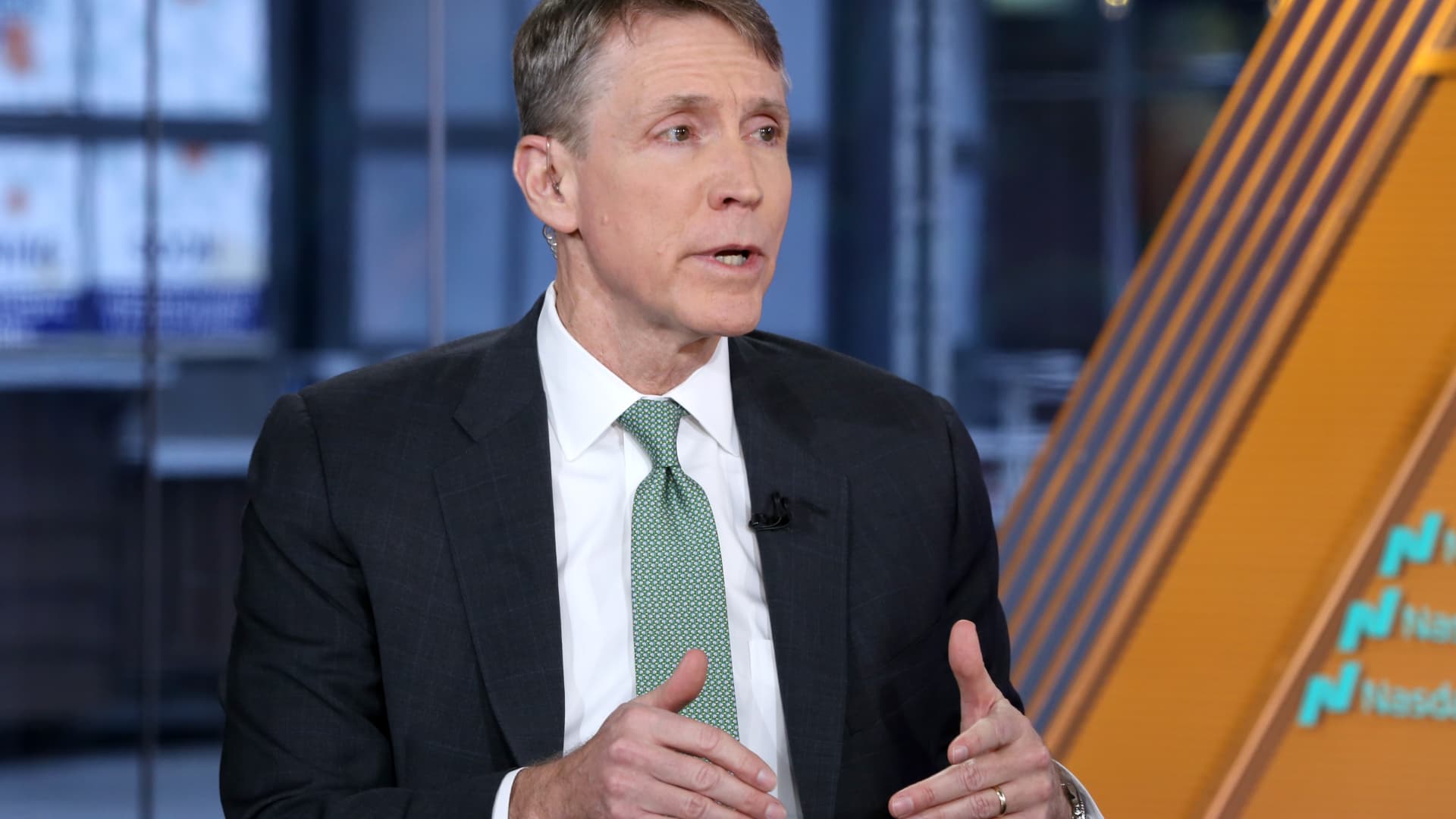Recent upheaval in the banking domain resulting in the collapse of several financial institutions such as Silicon Valley Bank and Credit Suisse did not trigger a systemic meltdown, as per insights provided by Tim Adams, the CEO of the Institute of International Finance (IIF). While it did spark a period of market unrest, Adams dismissed the idea that it amounted to a crisis. Markets have since regained stability, leading many to believe that the challenges were isolated to the troubled banks and did not pose a systemic threat.
The IIF, a global consortium representing the financial services sector with over 400 affiliates across 60 nations, is primarily focused on the potential downsides to economic growth, especially in developed economies. The downfall of the aforementioned banks had a cascading impact that dimmed the economic prospects for several advanced economies.
The International Monetary Fund (IMF) recently revised its global growth forecast for the next five years to approximately 3%, marking the lowest medium-term projection in an IMF World Economic Outlook report since 1990. Regulators in the United States and Europe swiftly intervened to mitigate the risk of contagion following the series of banking collapses last month. U.S. Treasury Secretary Janet Yellen affirmed that the banking sector remains well-funded with substantial liquidity.
In the assessment of Tim Adams, CEO of the Institute of International Finance, the turbulence in March was labeled as a “phase of market unrest or turbulence,” undermining claims that it constituted a “crisis.” https://t.co/vujLOssook
— NBC4 Washington (@nbcwashington) April 12, 2023
Although markets have stabilized, Adams emphasized the importance of remaining vigilant and alert to other pressures within the system. The actualization of downside risks is genuine and continues to be a primary focus for the IIF and its affiliates. Adams indicated that many regulators he conversed with, including those instrumental in formulating the Dodd-Frank and Basel III frameworks post the financial crisis, were of the view that substantial regulatory adjustments were not required on this occasion.
In summary, even though the recent banking turbulence may not have escalated into a crisis, the risks on the downside are tangible, emphasizing the necessity for continual vigilance. The IIF and its affiliates will persist in closely monitoring the situation, advocating for strategies that shield against systemic risk while fostering growth in the financial services sector.
































